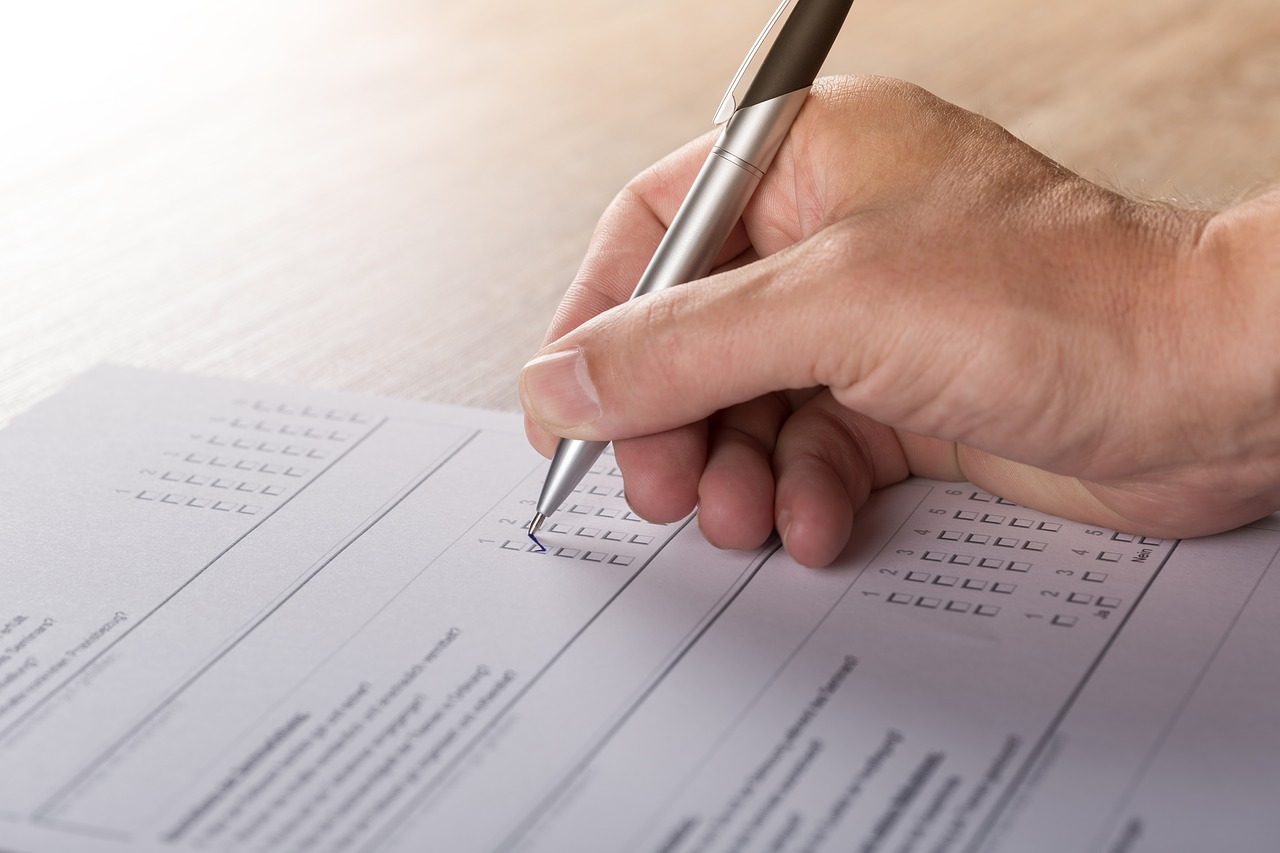
Brandon Roark
During the few days leading up the 2014 midterm elections, I’m sure many fellow libertarians subscribed to the variety of liberty-leaning pages and groups were also inundated with anti-voting rhetoric, memes and well placed arguments. The vitriol toward the mere act of submitting a ballot suggests it is indistinguishable from pinning a badge on one’s chest and breaking into the homes of the innocent.
Despite these popular opinions in the libertarian and anarchist crowd, I fail to see how voting is genuinely as violent as it is touted to be. Voting, in essence, is merely an endorsement; albeit, of someone else acting aggressively, which most statists fail to recognize. Whether or not the violence and predation of government activities is recognized by voters; whether or not voting is seen as an act of self-defense; the act of expressing an opinion, however loudly, is a peaceful one. The real criminals are those who act on such endorsements.
Even Murray Rothbard described himself as having no strong moral opinion on voting (http://bastiat.mises.org/2014/11/rothbard-on-voting/). He, of course, acknowledged that voters are surrounded by a coercive system – the real evil – and proposed that there is no problem with voting if it might offer even marginally more freedom. He only asked that people who choose to participate in elections go in with their eyes open to the reality of what they are supporting. He concludes in saying that “the non-voter is not only saying we shouldn’t vote: he is also saying that we shouldn’t endorse anybody.”
On the question of the ethics of voting, this is a pivotal point. Communicating some opinion endorsing even the violent actions of others is not a crime in and of itself. What is criminal is taking the results of a popularity contest – forced on voters and non-voters alike by incumbents – and acting on a violent, thieving, dishonest platform allegedly “approved” by a majority of voters as though such actions are rendered legitimate by the caprice of mob opinion.
I personally choose not to vote because I cannot, in good conscience, endorse the violent intentions of sociopaths, but I do not consider it unethical to vote, even as a voluntarist. Endorsement for something evil or something less evil is still an endorsement of evil and is rightly frowned upon. However, expressing an opinion whether by means of the multiple choice comment card of the ballot or by praying for another’s demise, cannot be considered a real invasion.
We are too familiar with the routine inputs and outputs of complex systems to easily grasp the reality that the state is an abstraction built over the actions of real people who believe in the abstraction. Even some anti-statists fall into this trap, leading them to think that since votes go in and violence comes out, voting must be wrong. This view neglects the workings of the system under the hood, where real persons are acting under the guise of the institution. Where the rubber meets the road, so to speak, there are real people aggressing against other real people. Voting is cheer leading this or some other form of state aggression. It errantly gives persons committing evil actions the psychological permission to do so by the illogic of the abstraction called government.
If you vote to have me or any other peaceful person put in a cage for taking harmless actions with which you may or may not personally approve, you can go screw yourself. I am justified in my moral disgust at your opinion; but that’s it, because it is just an opinion. You’ve committed no crime against me.
If you don’t agree that people should be taxed, tasered, ticketed or entrapped for the peaceful activities a particular candidate wants to control, don’t endorse that person. If every person on the ballot promises to threaten people in any of several ways to which you would take moral objection, don’t endorse any of them. Don’t vote.
 Conscientious objection to voting is ultimately an attempt at revoking the cultural license of state agents to commit violence in the “public’s” name. To make such a movement successful, we must remember and explain to others that none of the voting cattle are actually part of the group of people who commit the evils of the state. The real criminals, the enforcers of politically derived opinions, are causing harm on their own volition under flawed beliefs about authority and society.
Conscientious objection to voting is ultimately an attempt at revoking the cultural license of state agents to commit violence in the “public’s” name. To make such a movement successful, we must remember and explain to others that none of the voting cattle are actually part of the group of people who commit the evils of the state. The real criminals, the enforcers of politically derived opinions, are causing harm on their own volition under flawed beliefs about authority and society.
Under the state mythology held by most people who have not been freed from the constraints of allowable opinion, the approval of an elected official provides sufficient justification of aggression against innocents. Your vote, while not itself a crime, gives loyal state mercenaries a good reason in their minds to commit evil actions.
In determining whether or not voting is a morally appropriate response to the state, even if hypocritical, the best way to approach the voting question is to ask yourself: “Knowing what statists believe about authority and the actions endorsed by voting, would it be reckless of me to encourage these sociopaths?” For me, the answer is yes; thus, I abstain.




